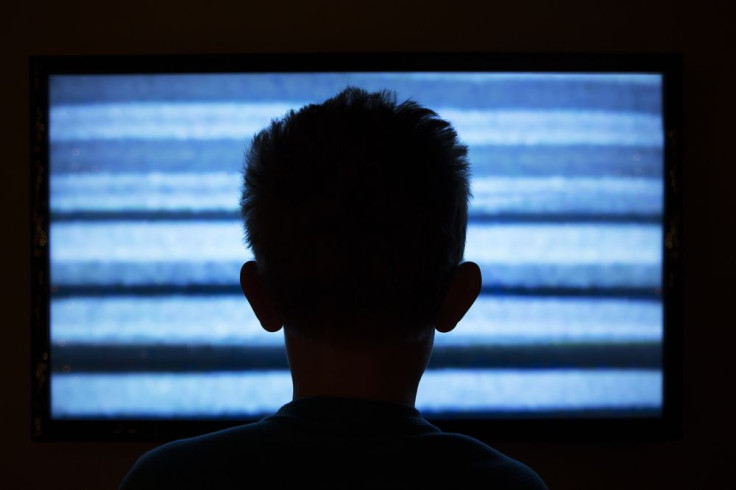Screen Time Still Excessive Among Kids, Teens; Implementing A 'Media Diet' Is Key

Teenage couch potatoes are roasting away their brains and bodies, despite consistent evidence that too much screen time isn’t good for them. That’s the conclusion the Centers for Disease Control and Prevention (CDC) has come to, after analyzing two national surveys on teens’ screen time. With over 98 percent of teens watching TV or spending time on their computer every day, it’s time to practice a little moderation.
The study, which is published in the July edition of the NCHS Data Brief, was based on previous research showing the effects of excessive screen time on children’s school performance, weight, and overall health. A November study on the subject found that increasing TV use was directly associated with weight gain. Not only does this lead to precursors for obesity-related disease, like high blood pressure, there’s also some evidence suggesting that it can weaken kids’ bones. This problem worsens when kids add too much snacking to their screen time. Meanwhile, other studies have linked excessive screen time to missed social and developmental opportunities, and subsequent poor performance in school.
The CDC study, which used data from the National Health and Nutrition Examination Survey (NHANES) and the NHANES Youth Fitness Survey, found similar results. In all, 15 percent of teens, ages 12 to 15, said they watched TV for four hours or more each day, while 11.6 percent said they spent time on their computers for the same amount of time. As other studies have shown, teens who reported watching the most TV were also the ones most likely to be overweight or obese.
The study also hints at how early behavior sets kids up for later health problems. Overall, Hispanics and non-Hispanic blacks were most likely to spend their time watching TV or on their computers. Only about 53 percent of non-Hispanic blacks reported two hours or less of daily TV time, compared to 66 percent of non-Hispanic whites and 69 percent of Hispanics. Stopping these behaviors early can make a huge difference with the fact that blacks have a higher chance than any other demographic of being obese — they also have a higher risk than most of developing heart disease and diabetes. “The findings are concerning, but not surprising,” Dr. Marjorie Hogan, a pediatrician who crafted the American Academy of Pediatrics’ (AAP’s) guidelines for screen time, told HealthDay.
She emphasized the importance of teaching kids at an early age about the potential health risks in order to “foster appropriate and positive media use — in other words, it should promote a healthy ‘media diet,’” she said in an AAP press release regarding the managing of media use last year. “Parents, educators, and pediatricians should participate in media education, which means teaching children and adolescents how to make good choices in their media consumption.”
The AAP suggests that parents limit their kids’ screen time to two hours or less each day. All other time should be spent teaching kids that they can do other things besides watching TV or spending time on their computers. Those things include getting out and playing with other kids face-to-face, playing board games, or completing a puzzle. It all comes down to eliminating sedentary behavior as much as possible. Getting a good amount of real-life interaction and physical activity can, and should, be balanced with watching TV shows and spending time on the computer — if the shows or computer games are educational, then overall benefits greatly improve.
Source: Herrick K, Fakhouri T, Carlson S, Fulton J. TV Watching and Computer Use in U.S. Youth Aged 12–15, 2012. NCHS Data Brief. 2014.



























